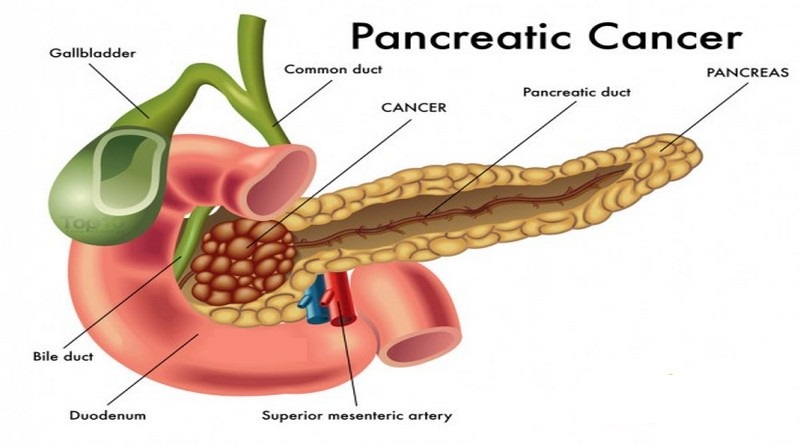Soricimed Biopharma Inc. announce that the U.S. Food and Drug Administration (FDA) has granted orphan drug designation to peptide SOR-C13 for the treatment of pancreatic cancer. This follows the same designation for ovarian cancer.
[adsense:336x280:8701650588]

Orphan drug status is granted following review of the rarity and severity of the medical condition, as well as the potential benefit of the product treating this condition. Orphan drug status qualifies Soricimed for various development incentives, including tax credits and reduced filing fees for clinical trials undertaken in the U.S. If approved for commercialization by the FDA, SOR-C13 may qualify for seven years of marketing exclusivity in the United States for this indication. In some cases, orphan drugs can be made available to patients before marketing approval on a compassionate use basis.
Pancreatic cancer remains one of the world’s deadliest cancers, with a five-year survival rate of eight percent. According to the Cancer research Institute, each year more than 337,000 people worldwide are diagnosed with pancreatic cancer and more than 330,000 people die from the disease. While pancreatic cancer is the eleventh most common cancer in the United States, it is now the third leading cause of cancer-related death. Each year more than 53,070 people in the United States will be diagnosed with pancreatic cancer, and more than 41,780 will die.
“Receiving orphan drug status in both ovarian and pancreatic cancer highlights the unmet medical need and the potential of SOR-C13 to address these devastating cancers”, stated Paul Gunn, President and CEO at Soricimed. “We look forward to meeting with the FDA to discuss our development plans for SOR-C13 and to initiating additional clinical trials in 2017. ”
At the recent American Association of Cancer Researchers annual meeting, Soricimed released positive results indicating safety, tolerability and potential activity in a Phase I trial of SOR-C13 in subjects with advanced solid tumour cancers. Subjects were enrolled at Juravinski Cancer Centre, London Health Sciences Centre and the University of Texas MD Anderson Cancer Center.













